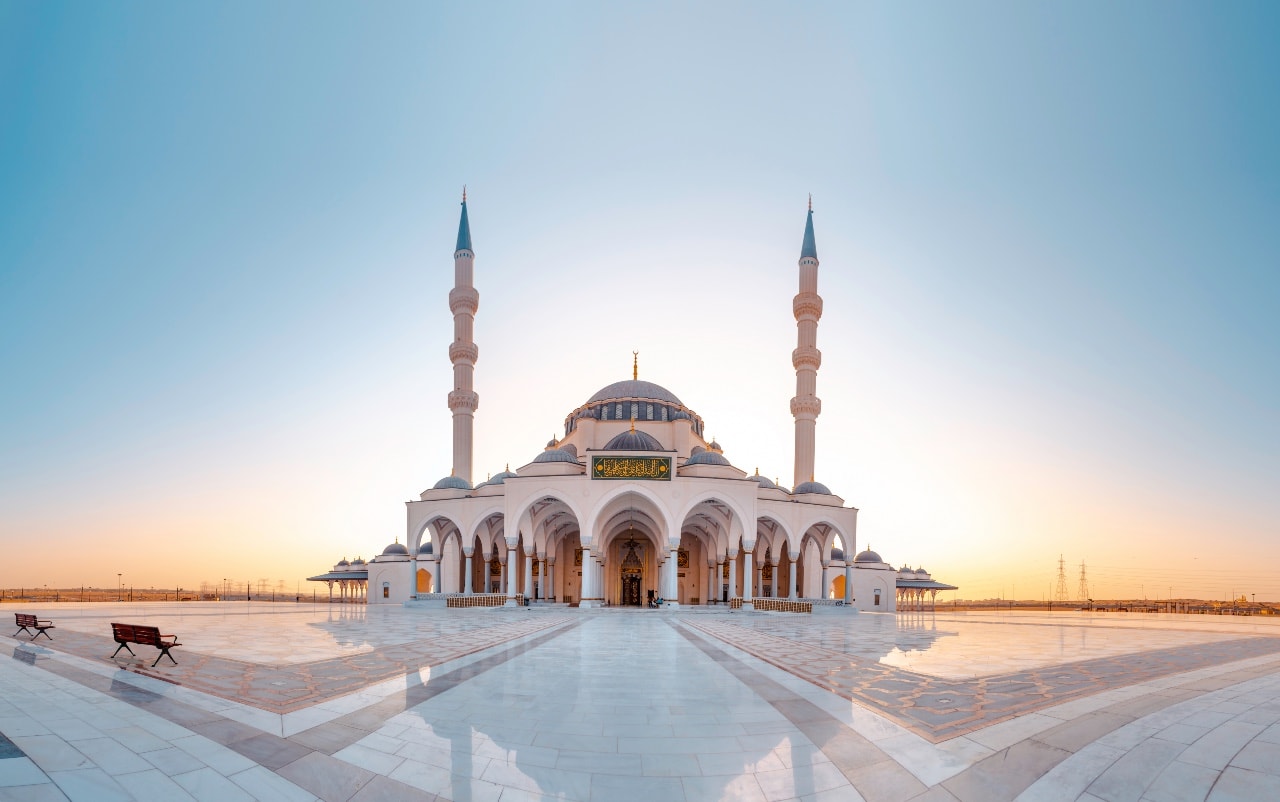Is it permissible to gather for remembrance? What are the etiquettes of the gatherings of remembrance (dhikr)?
Question Summary
Is it permissible to gather for remembrance? What are the etiquettes of the gatherings of remembrance (dhikr)?
Question Answer
In the Name of Allah, the Most Merciful and Compassionate
The Permissibility of Gatherings of Remembrance
The permissibility of gathering to remember Allah Most High is established in the Qur’an and the Prophetic Sunna.
Allah Most High says, “remember Me; I will remember you. And thank Me, and never be ungrateful.” [Qur’an; 2:152]
The words ‘remember me’ are of a 2nd person plural command. Thus Allah Most High is commanding a plurality of people to remember Him.
Furthermore, the Messenger of Allah (may Allah bless him and give him peace) said, “Indeed Allah has Angels that traverse the land aside from the scribes appointed to the people. When they find people remembering Allah, they call out to each other, ‘come to that which you seek.’ They then respond and surround the people up to the closest heaven. Allah then says, ‘What did you leave My slaves doing?’ They replied, ‘We left them praising you, glorifying you, and remembering you…” [Tirmidhi]
Also, He (may Allah bless him and give him peace) said, “When you pass by the gardens of Paradise, graze.” They said, “What are the gardens of Paradise?” He replied, “The circles of remembrance.” [Ibid.]
The Meaning of Gatherings of Remembrance
The literal meaning of dhikr or remembrance is to repeat the name of Allah Most High.
However, whether it be in the form of praise, exaltation, etc… or whether it be via recitation of the Qur’an or teaching or learning the injunctions of the Religion, all of these constitute remembrance of Allah.
Thus the verses and narration that show the merits of remembrance (dhikr) apply to all of the above.
Etiquettes of Gatherings of Remembrance
When in gatherings of remembrance, one should uphold the following etiquettes:
a) Have a sincere intention to seek to the pleasure of Allah Most High
b) To attend in a state of purity
c) To face the Qibla
d) To uphold the etiquettes of the masjid (if in a masjid)
e) To remain still unless overtaken by an uncontrollable spiritual state
f) To reflect on what is being said
Together or Individual
As for your question, whether everyone must be engaged in the same remembrance or not – there are no restrictions. Everyone may remember Allah in their own way or together.
It is narrated that Abu Huraira (Allah be pleased with him) passed by the market of Medina and stopped. He called out, ‘O people of the market, what has stopped you?!’ They said, “What do you mean? O Abu Huraira” He said, ‘The inheritance of the Messenger of Allah (may Allah bless him and give him peace) is being divided up, and you are here. Will, you not go and take your lot of it?’ They said, ‘Where is it?’ He replied, ‘In the Masjid.’
They all, then, hastened to the Masjid. Abu Huraira stayed until they returned. (When they returned) he said to them, ‘What happened?’ They replied, ‘O Abu Huraira. We went to the Masjid and entered. We didn’t see anything being divided up. Abu Huraira said to them, ‘Did you not see anyone in the Masjid?’
They said, ‘Of course, we saw a group of people praying, a group reciting the Qur’an, and a group revising the injunctions of Halal (the permissible) and Haram (the forbidden).’ Abu Huraira said, ‘Woe to you. That is the inheritance of Muhammad (may Allah bless him and give him peace)” [Tabarani]
From the above narration, we see that many gathered in the Masjid, but each group remembered Allah in their own way.
Hope this helps
Allah knows best
[Shaykh] Yusuf Weltch
Checked and Approved by Shaykh Faraz Rabbani
Shaykh Yusuf Weltch is a teacher of Arabic, Islamic law, and spirituality. After accepting Islam in 2008, he then completed four years at the Darul Uloom seminary in New York, where he studied Arabic and the traditional sciences. He then traveled to Tarim, Yemen, where he stayed for three years studying in Dar Al-Mustafa under some of the greatest scholars of our time, including Habib Umar Bin Hafiz, Habib Kadhim al-Saqqaf, and Shaykh Umar al-Khatib. In Tarim, Shaykh Yusuf completed the memorization of the Qur’an and studied beliefs, legal methodology, hadith methodology, Quranic exegesis, Islamic history, and some texts on spirituality. He joined the SeekersGuidance faculty in the summer of 2019.
